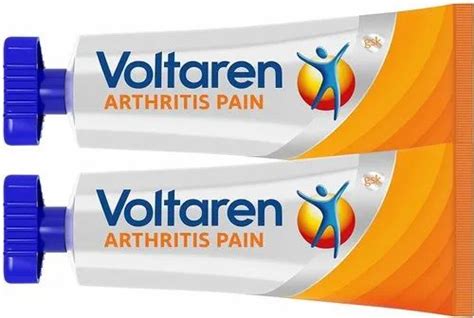Intro
Discover the best period pain relief medicine for menstrual cramp relief, including natural remedies and over-the-counter pain relievers like ibuprofen and acetaminophen, to alleviate symptoms of dysmenorrhea and PMS.
Menstrual cramps, also known as dysmenorrhea, are a common issue for many women during their menstrual cycle. The pain can range from mild to severe and can interfere with daily activities. Fortunately, there are various period pain relief medicines and treatments available to help manage the discomfort. In this article, we will explore the different types of medications, their effectiveness, and other alternative methods to alleviate menstrual cramps.
The importance of finding the right period pain relief medicine cannot be overstated. Menstrual cramps can be debilitating, causing women to miss work, school, or social events. Moreover, the pain can also lead to other symptoms such as nausea, headaches, and fatigue. By understanding the available treatment options, women can take control of their menstrual health and improve their overall quality of life. With the numerous choices available, it can be overwhelming to decide which medicine to use. In the following sections, we will delve into the details of each type of medication and provide guidance on how to choose the best one for individual needs.
Menstrual cramps are caused by the contraction of the uterus, which can be triggered by various factors such as hormonal changes, stress, and underlying medical conditions. The pain can be felt in the lower abdomen, back, and thighs, and can range from a dull ache to a sharp, stabbing sensation. To manage the pain, it is essential to understand the underlying causes and to choose a treatment that addresses the root of the issue. By doing so, women can find relief from menstrual cramps and improve their overall reproductive health.
Over-the-Counter Pain Relievers

Types of NSAIDs
NSAIDs are available in various forms, including tablets, capsules, and suppositories. Some common types of NSAIDs for menstrual cramps include: * Ibuprofen (Advil, Motrin) * Naproxen (Aleve) * Aspirin (Bayer) * Ketoprofen (Orudis) It is essential to follow the recommended dosage and to consult a healthcare provider before taking any medication, especially if you have a history of stomach problems or allergies.Prescription Pain Relievers

Benefits of Prescription Pain Relievers
Prescription pain relievers can offer several benefits, including: * Reduced pain and inflammation * Regulated menstrual cycles * Decreased risk of anemia * Improved overall reproductive health However, prescription pain relievers may have side effects, such as nausea, headaches, and mood changes. It is crucial to discuss the potential risks and benefits with a healthcare provider before starting any medication.Natural Remedies

Benefits of Natural Remedies
Natural remedies can offer several benefits, including: * Reduced reliance on medication * Improved overall health and well-being * Decreased risk of side effects * Increased sense of control and empowerment However, it is essential to consult a healthcare provider before trying any new remedies, especially if you have a history of medical conditions or allergies.Dietary Changes

Benefits of Dietary Changes
Dietary changes can offer several benefits, including: * Improved overall health and well-being * Reduced risk of chronic diseases * Increased energy and vitality * Improved mood and reduced stress By incorporating healthy foods into your diet and avoiding trigger foods, such as sugary and processed foods, you can help to manage menstrual cramps and improve your overall reproductive health.Alternative Therapies

Benefits of Alternative Therapies
Alternative therapies can offer several benefits, including: * Reduced reliance on medication * Improved overall health and well-being * Decreased risk of side effects * Increased sense of control and empowerment By incorporating alternative therapies into your treatment plan, you can help to manage menstrual cramps and improve your overall reproductive health.What are the most effective over-the-counter pain relievers for menstrual cramps?
+Ibuprofen and naproxen are two of the most effective over-the-counter pain relievers for menstrual cramps. They work by reducing inflammation and blocking pain signals to the brain.
Can natural remedies really help to alleviate menstrual cramps?
+Yes, natural remedies such as heat therapy, herbal supplements, and acupuncture can help to alleviate menstrual cramps. They work by reducing inflammation, promoting relaxation, and improving overall reproductive health.
How can dietary changes help to manage menstrual cramps?
+Dietary changes can help to manage menstrual cramps by reducing inflammation, improving overall health and well-being, and increasing energy and vitality. A healthy diet rich in fruits, vegetables, whole grains, and lean proteins can help to alleviate menstrual cramps.
In conclusion, managing menstrual cramps requires a comprehensive approach that incorporates medication, dietary changes, and alternative therapies. By understanding the available treatment options and taking a proactive approach to reproductive health, women can find relief from menstrual cramps and improve their overall quality of life. We encourage readers to share their experiences and tips for managing menstrual cramps in the comments below. Additionally, if you found this article helpful, please share it with your friends and family to help spread awareness about menstrual health. By working together, we can promote greater understanding and support for women's reproductive health.
